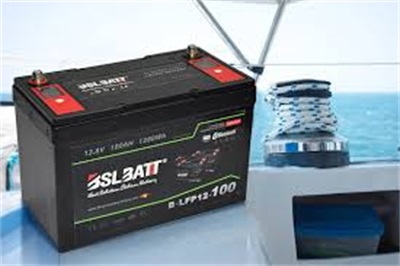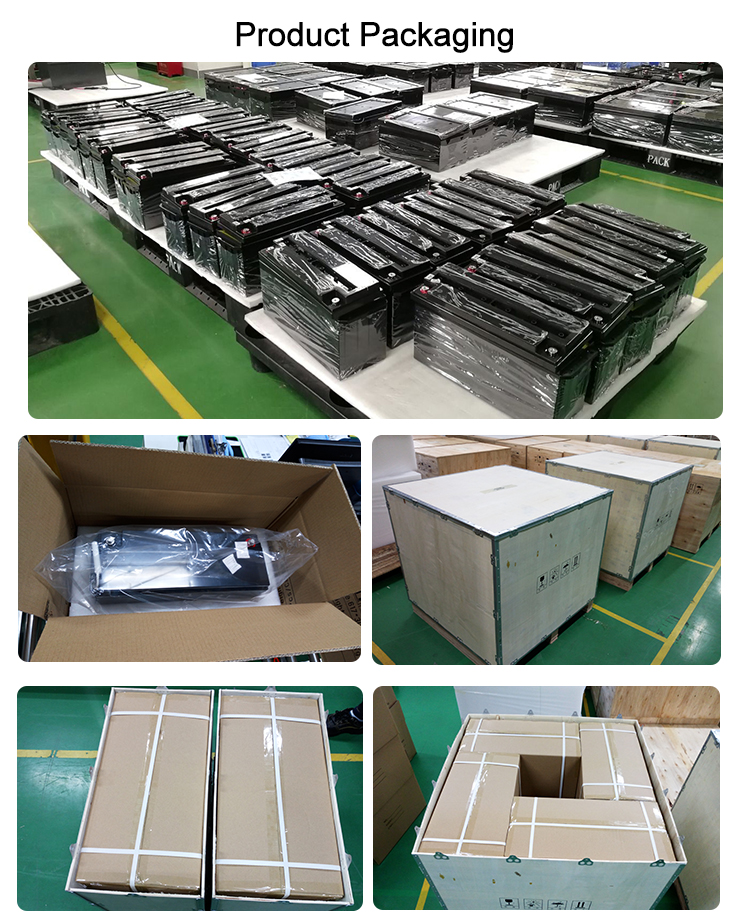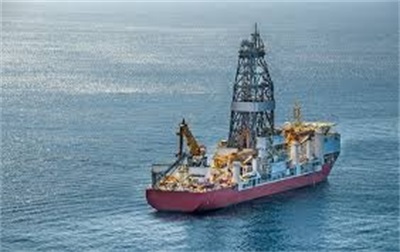Do Marine Batteries Have to Be Lithium Batteries
Do Marine Batteries Have to Be Lithium Batteries?
Understanding Marine Batteries
Marine batteries are crucial components for powering various systems on boats, from navigation to lighting to electronics. As boating technology evolves, so does the array of battery options available for marine applications. Traditionally, lead-acid batteries dominated the market, but the rise of lithium batteries is changing the landscape significantly.
The Rise of Lithium Batteries
Lithium batteries have gained popularity in several applications due to their lightweight nature, higher energy density, and longer lifespan compared to conventional lead-acid batteries. They also offer faster charging times and can withstand deeper discharges without significant degradation. These advantages make them appealing for marine use, as boaters often seek to maximize efficiency and storage space onboard.
Do Marine Batteries Have to Be Lithium?
The short answer is no; marine batteries do not have to be lithium batteries. There are various types of batteries available that can suit different needs and budgets. Lead-acid batteries, including flooded, gel, and absorbed glass mat (AGM) types, remain popular due to their lower upfront costs and proven reliability. Many boaters continue to use these batteries for their simplicity and the availability of charging systems that support them.

Pros and Cons of Lithium Batteries
While lithium batteries offer remarkable benefits, they also have potential downsides. The initial investment for lithium batteries can be considerably higher than that of lead-acid options. Additionally, lithium batteries require specific management systems to ensure safety and longevity. If you're a boater looking for the best battery for your specific needs, it's crucial to weigh the pros and cons carefully.
Choosing the Right Battery for Your Boat
Ultimately, the best battery choice for your boat depends on several factors, including your budget, usage patterns, and preferences. If you're a weekend sailor who only needs to power a few lights and a radio, a lead-acid battery may suffice. However, if you are a frequent boater who relies heavily on electronics, investing in lithium technology might yield significant benefits in terms of performance and convenience.

Conclusion
In conclusion, while lithium batteries offer numerous advantages for marine applications, they are not the only option available. Boaters should assess their individual needs carefully and consider various types of marine batteries before making a decision. Whether you opt for traditional lead-acid batteries or embrace the cutting-edge technology of lithium alternatives, the right choice will enhance your boating experience significantly.
.jpg)
